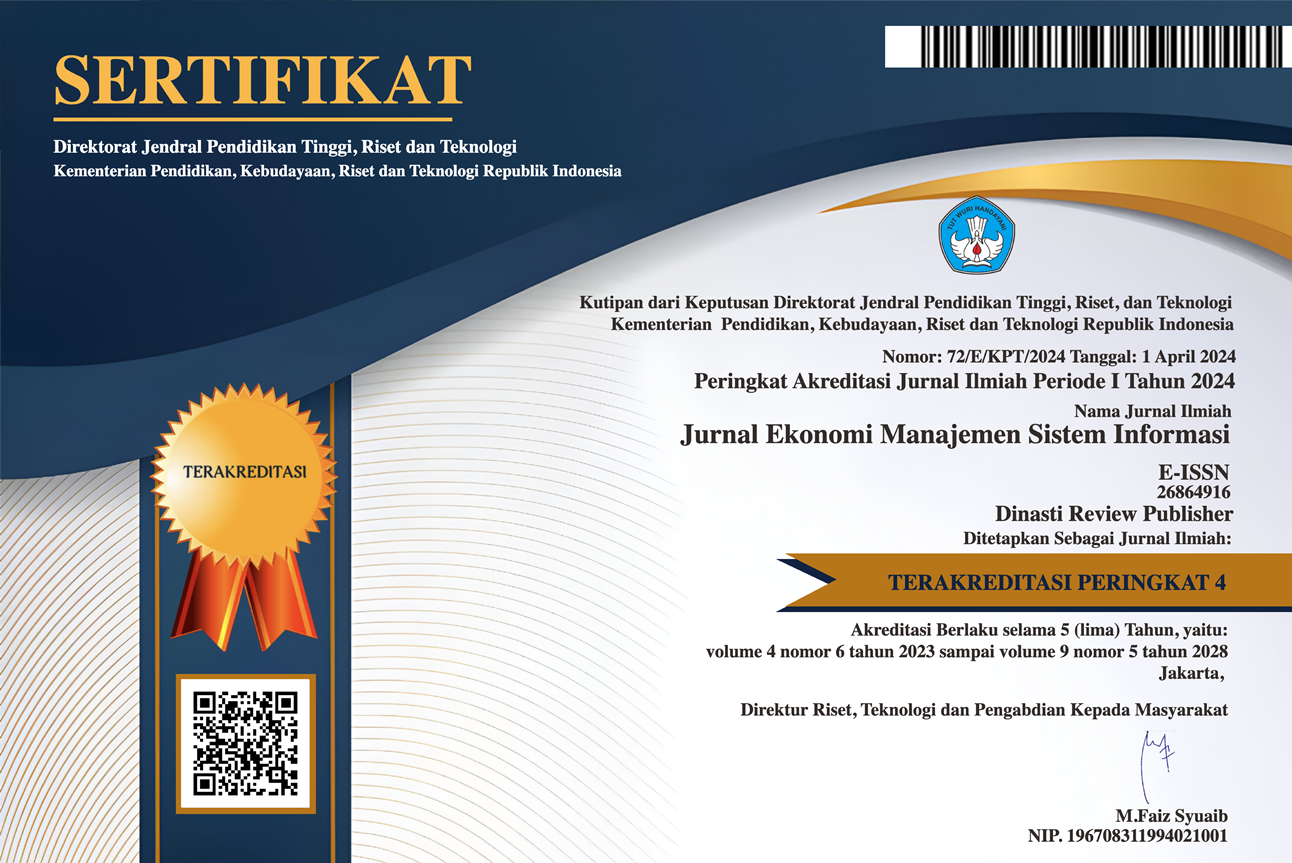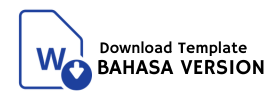Exploring Tourism Entrepreneurial Resilience for Minangkabau Women in the Disaster Preparedness
DOI:
https://doi.org/10.38035/jemsi.v6i4.4716Keywords:
Tourism Entrepreneurship, Minangkabau Women, Business Resilience, Disaster Preparedness, ResilienceAbstract
This paper explores the resilience of Minangkabau women tourism entrepreneurs in facing disasters, identifies the factors that support their resilience, and the strategies used in disaster preparedness. The research method used is a qualitative approach with in-depth interviews and case studies of female tourism entrepreneurs in disaster-affected areas. The research method used is a qualitative approach with in-depth interviews and case studies of women tourism entrepreneurs in disaster-affected areas. The number of informants interviewed was 15 women entrepreneurs spread across West Sumatra, namely Solok, Padang, Padang Panjang, Bukittinggi, and Pesisir Selatan. The research results show that Minangkabau cultural values, such as the spirit of cooperation and the role of women in the family economy, are the main factors in their resilience. In addition, innovation in business, the use of digital technology, and community support contribute to the sustainability of their enterprises. This study emphasizes the importance of disaster preparedness in tourism business strategies and provides recommendations to enhance the resilience of women entrepreneurs in disaster-prone areas.
References
Austin, K. F., & McKinney, L. A. (2016). Disaster devastation in poor nations: The direct and indirect effects of gender equality, ecological losses, and development. Social Forces, 95(1), 355–380. https://doi.org/10.1093/sf/sow056
Budirahayu, T.?;, Farida, A., Amala, S., & Maslacha, S. (2019a). Women’s Resilience in Preserving Family Life Following an Earthquake. In Journal of International Women’s Studies (Vol. 20, Issue 9).
Budirahayu, T.?;, Farida, A., Amala, S., & Maslacha, S. (2019b). Women’s Resilience in Preserving Family Life Following an Earthquake. In Journal of International Women’s Studies (Vol. 20, Issue 9).
Choudhury, M.-U.-I., Haque, C. E., & Habib, S. (2018). Participatory exclusion of women in natural resource management. Community Development Journal, 53, 42–60.
Creswell, & Creswell. (2018). Research Design: Qualitative, Quantitative, and Mixed Methods Approaches.
Desfita, M., & Djendrius. (2021b). Reconstruction post disaster responsive gender in West Sumatra. E3S Web of Conferences, 331. https://doi.org/10.1051/e3sconf/202133104009
Elson, D. (2010). Gender and the global economic crisis in developing countries: A framework for analysis. Gender and Development, 18(2), 201–212. https://doi.org/10.1080/13552074.2010.491321
Enarson, E., Fothergill, A., & Peek, L. (2018). Gender and Disaster: Foundations and New Directions for Research and Practice. In Handbooks of Sociology and Social Research (pp. 205–223). Springer Science and Business Media B.V. https://doi.org/10.1007/978-3-319-63254-4_11
Hou, C., & Wu, H. (2020). Rescuer, decision maker, and breadwinner: Women’s predominant leadership across the post-Wenchuan earthquake efforts in rural areas, Sichuan, China. Safety Science, 125. https://doi.org/10.1016/j.ssci.2020.104623
Kaplan, A. G. (1985). Kaplan, Alexandra G. “Female or male therapists for women patients: New formulations.” Psychiatry, 111–121.
Kevane, M., Ratan Lakshmi, A., & Dhar, D. (2024). Women-Led Small- and Medium-Sized Enterprises During COVID-19: Examining Barriers and Opportunities. Taylor & Francis, 30(1), 244–277.
Lenggogeni, S., Ritchie, B. W., & Slaughter, L. (2019). Understanding travel risks in a developing country: a bottom up approach. Journal of Travel and Tourism Marketing, 36(8), 941–955. https://doi.org/10.1080/10548408.2019.1661329
Md, A., Gomes, C., Dias, J. M., & Cerdà, A. (2022). Exploring Gender and Climate Change Nexus, and Empowering Women in the South Western Coastal Region of Bangladesh for Adaptation and Mitigation. Climate, 10(11). https://doi.org/10.3390/cli10110172
Nosike, C. J., Ojobor, O. S. N., & Nosike, C. U. (2024). Enhancing business resilience: Innovation and adaptation during and after the global pandemic. International Journal of Financial, Accounting, and Management, 6(2), 217–229. https://doi.org/10.35912/ijfam.v6i2.1891
Pelupessy, W. V., & Silverman, R. M. (2024). Exploring Indonesian coastal communities’ responses to the 2019 Ambon earthquake and preparedness for future disasters. International Journal of Disaster Risk Reduction, 114. https://doi.org/10.1016/j.ijdrr.2024.104961
Pereira, S. M., Mónico, L. dos S. M., & Rego, I. E. (2024). Earthquake recommendations in Europe: Types and diversity. Environmental Science and Policy, 156. https://doi.org/10.1016/j.envsci.2024.103732
Raj, S. (2019). Disaster, response, and relationships: a gendered approach to localising disaster risk reduction in the Pacific. https://www.researchgate.net/publication/340538761
Downloads
Published
How to Cite
Issue
Section
License
Copyright (c) 2025 Aini Zahra, Sari Lenggogeni, Vera Pujani

This work is licensed under a Creative Commons Attribution 4.0 International License.
Hak cipta :
Penulis yang mempublikasikan manuskripnya di jurnal ini menyetujui ketentuan berikut:
- Hak cipta pada setiap artikel adalah milik penulis.
- Penulis mengakui bahwa Jurnal Ekonomi Manajemen Sistem Informasi (JEMSI) berhak menjadi yang pertama menerbitkan dengan lisensi Creative Commons Attribution 4.0 International (Attribution 4.0 International CC BY 4.0) .
- Penulis dapat mengirimkan artikel secara terpisah, mengatur distribusi non-eksklusif manuskrip yang telah diterbitkan dalam jurnal ini ke versi lain (misalnya, dikirim ke repositori institusi penulis, publikasi ke dalam buku, dll.), dengan mengakui bahwa manuskrip telah diterbitkan pertama kali di Jurnal Ekonomi Manajemen Sistem Informasi (JEMSI).










































































